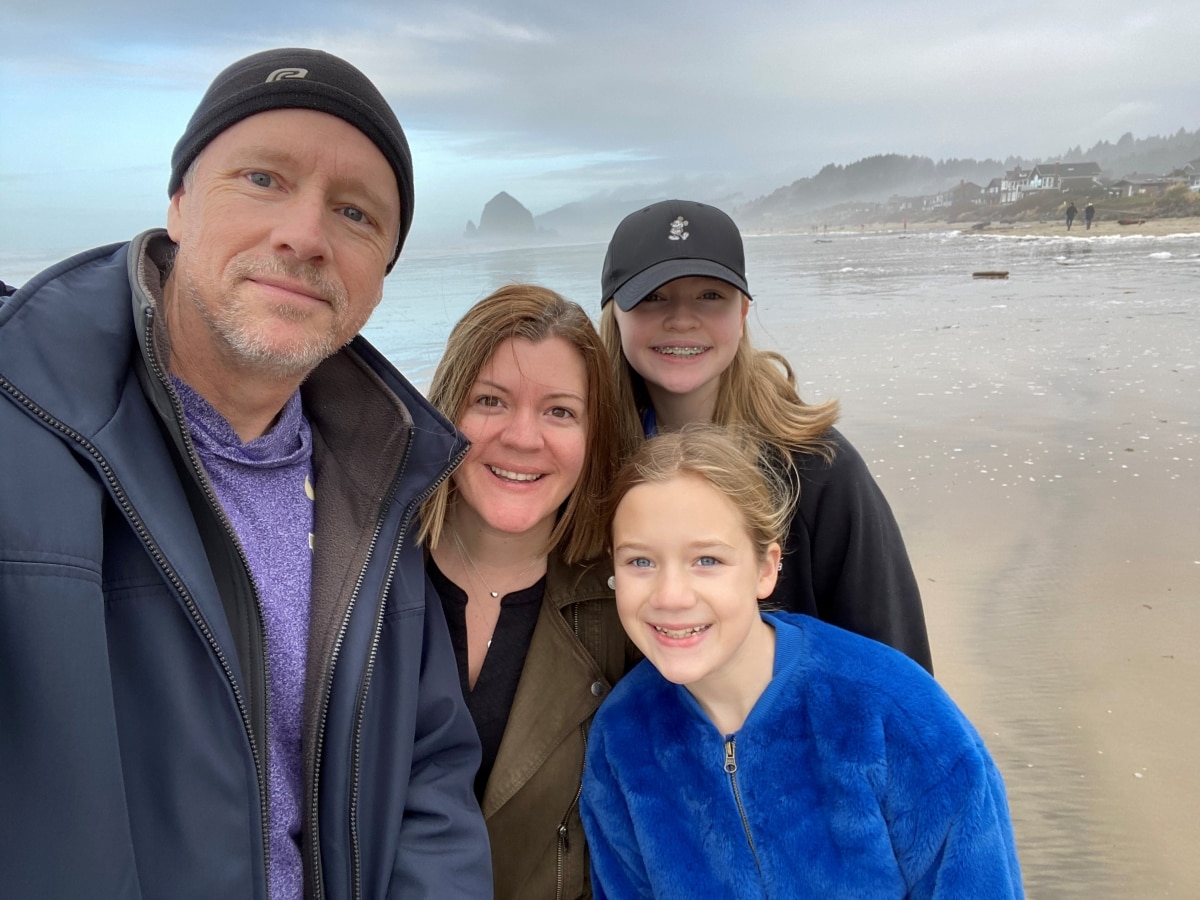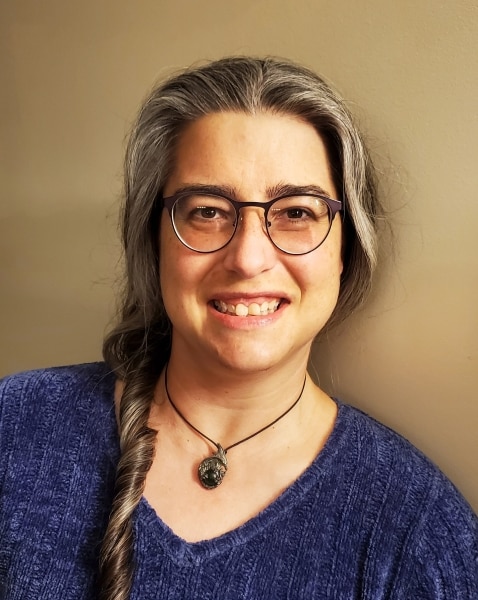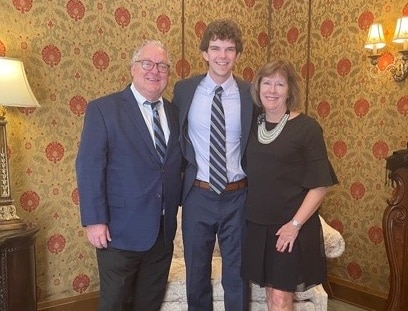Personal Stories: Hope from NIDDK Clinical Research
People participate in clinical research for many reasons: to help others, to have the opportunity to try a new treatment or prevention strategy, to have the additional care provided by research staff, and to advance scientific progress. Many people also raise awareness of the value of clinical research and promote it in other ways. Clinical research is improving people’s lives today and offers hope for the future. Learn more about clinical trial basics, the importance of participating in clinical trials, and how to find a clinical trial.
View personal stories below, organized by condition:
Diabetes

“I can help the future of science and hopefully be able to learn something about myself,” says Mike, speaking about his participation in NIDDK’s Rare and Atypical Diabetes Network (RADIANT).

Mikayla, who has participated in the TrialNet clinical trial of teplizumab, says the FDA approval of this drug “means that people can at least prolong not having to take insulin, not having to check blood sugar…. I’m very happy about that.”

“It was so rewarding knowing I was doing this to protect the health of my baby,” says Angelica, speaking about her participation in the GO MOMs study.
Read Angelica’s Story
“It was probably one of the best things that has happened…. It introduced me to an easier life,” says Lauryn, talking about how participating in a Bionic Pancreas clinical trial showed her a less burdensome approach to managing her type 1 diabetes.
Reflecting upon her experience in the TODAY trial, Kathrine expresses extreme gratitude: “TODAY didn’t complete me. It complemented me. It gave me the tools to be a better me.”

Regarding participating in the TEDDY clinical study, Jenae’s advice to others is not to be afraid to take on things like this. "The work is worth it…. It’s empowering.”
Digestive Diseases

Says Dianna about the PROCEED study, which aims to better understand pancreatitis: “I feel like it’s a two-way thing. If something can be learned from me, maybe it’ll turn around and benefit me as well.”

Ben, a participant in the PROTECT study of ulcerative colitis treatment, recommends that others participate in research studies if they have the opportunity. "I feel that by participating, you are helping with research that could really benefit others in the future," he says.
Kidney Disease
Dave, who serves as a Patient Advisor on the HOPE study team, speaks about how the HOPE study has prioritized including the patient perspective in all its activities: “The HOPE trial exceeded my expectations…. And my expectations were high.” When Leroy, a HOPE study participant, is asked if he would encourage other people to participate in clinical research studies like HOPE, he responds: “Oh, definitely. I would give [the study] an A plus.”
Dave and Leroy’s StoriesLiver Disease

Jessi’s motivation for being involved in clinical research studies is clear: “We’re really concerned about the lives of these children and ways to improve them—that’s such a gratifying mission to stand behind.”
Urologic Diseases
Brittney, a study coordinator working with kids and parents in the Prevention of Urinary Stones with Hydration (PUSH) clinical trial, says she constantly sought out ways “to prevent having any barriers or burdens … on the parents as much as possible.” Another PUSH study coordinator, Holly, says “Being a prevention study, we want it to be a positive experience for them.”
This content is provided as a service of the National Institute of Diabetes and Digestive and Kidney Diseases
(NIDDK), part of the National Institutes of Health. NIDDK translates and disseminates research findings to increase knowledge and understanding about health and disease among patients, health professionals, and the public. Content produced by NIDDK is carefully reviewed by NIDDK scientists and other experts.

